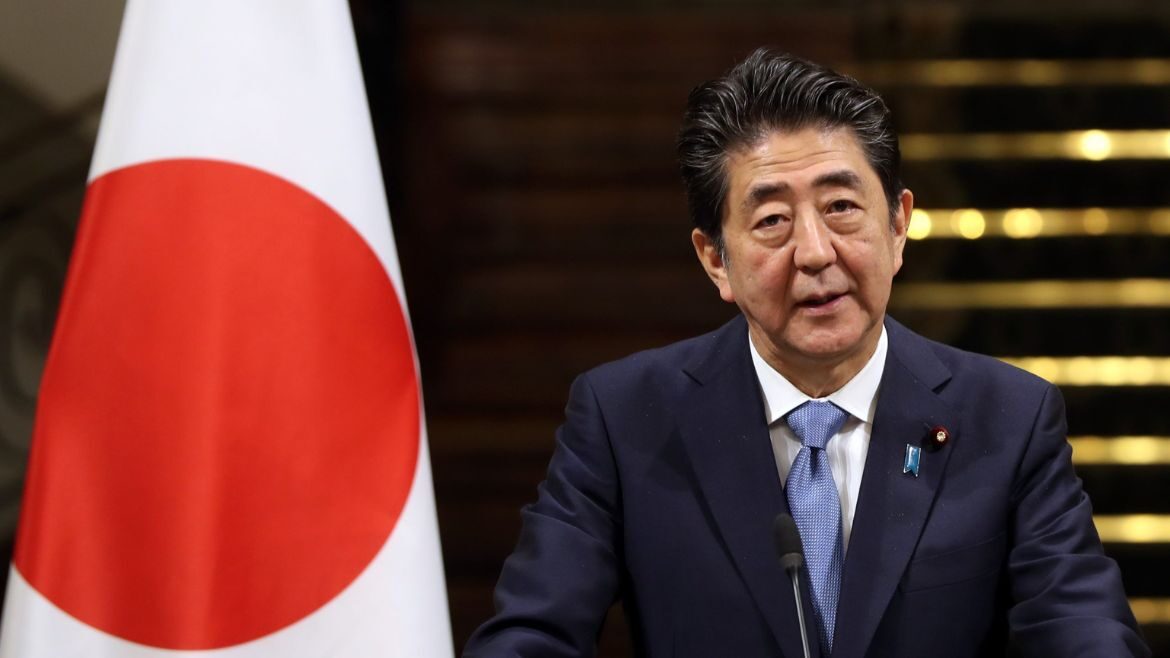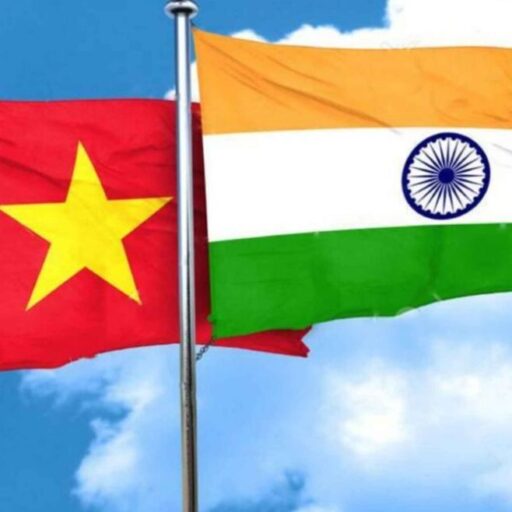Quite often, the foreign policies of nation-states are defined by variables such as economic strength, military capabilities, and political culture. However, once in a while, political leaders emerge who break free from such constraints and chart a new course. Shinzo Abe, former Prime Minister of Japan, was one of them. Unfortunately, Abe’s assassination has deprived Japan and the international community of a visionary political leader.
Japan had over half a dozen prime ministers in the first decade of the millennium. Shinzo Abe brought political stability as the longest-serving prime minister from 2012 to 2020, ensuring continuity and predictability in public policy. He was a popular leader and a consummate politician who sought to fundamentally alter his country’s domestic and foreign policy.
In the economic realm, Prime Minister Shinzo Abe ushered in an ambitious economic agenda which was referred to as Abenomics. His economic policies had three arrows: (1) fiscal stimulus policies to build critical infrastructure projects; (2) a monetary policy with negative interest rates to encourage spending; (3) ambitious structural reform programmes aimed at reducing corporate tax, liberalising labour markets, and facilitating increased participation of women in the workforce.
Shinzo Abe strongly believed in nudging Japan from its pacifist orientation toward becoming a ‘normal state.’ Abe’s government reinterpreted constitutional provisions to permit the “use of force” in case of “an armed attack against a foreign country that is in a close relationship with Japan.” The shift was also aimed at bolstering Japan’s presence as a reliable partner in collective self-defence frameworks. In addition to increasing the defence budget, the Abe government created a National Security Council (NSC), positioning the prime minister’s office as a pivot for all decision-making on foreign and security issues.
In the realm of foreign policy, Shinzo Abe understood the zeitgeist of contemporary international politics and acted on it. Abe was one of the early leaders to suggest that the global power shift from the West to the East mandates new conceptual frameworks.
While the concept of Indo-Pacific can be traced back to the 1940s, it was Shinzo Abe who converted the concept into an action plan for the 21st Century. In a speech to the Indian parliament in 2007, Shinzo Abe called on India to embrace the idea of the Indo-Pacific and evolve into one of its central pillars. He was also one of the principal architects behind the emergence of QUAD as a formidable framework in the Indo-Pacific region.




